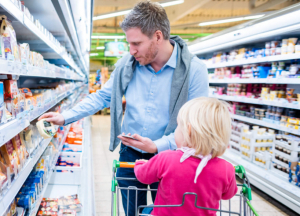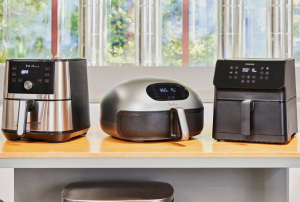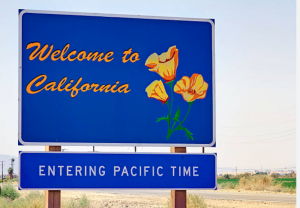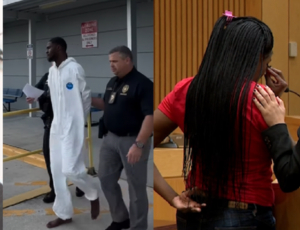The great self-checkout experiment is beginning to backfire, as more and more supermarket chains, led by Hy-Vee, roll back on these once-promoted kiosks. The Midwest-based grocery chain, which operates around 300 stores, has been pulling self-checkouts from certain locations altogether, bringing back the classic, staffed lanes. In other locations, it's capping self-checkout kiosks to a strict 12-item limit, opting to "bring back the face-to-face interaction" of traditional cashier service. However, while the official statement from Hy-Vee spins this rollback as a boost to customer experience, there's a more pressing issue at hand: theft. Theft at self-checkouts has become a growing concern for retailers nationwide, and according to retail expert Neil Saunders, it's the main reason companies are reconsidering their commitment to the technology. Self-checkout lanes are a theft magnet, with inventory "shrinkage" (a polite industry term for stolen or misplaced items) happening both from intentional theft and honest mistakes. When every item isn't scanned or goes missing, it adds up to millions in lost revenue for retailers. For Hy-Vee and others, going back to staffed lanes may save money in the long run by reducing these losses.
Hy-Vee isn't alone in retreating from the self-checkout craze. Industry giants like Walmart, Target, and Dollar General have been quietly rolling back on self-checkouts across the country in recent months. Walmart, the nation's biggest retailer, has fully removed the kiosks from at least six stores this year. Target, which once had big plans to install self-checkouts in all of its locations, is now enforcing a 10-item limit at the kiosks, hoping to make lines move faster and reduce potential shrinkage. Meanwhile, Costco has started stationing extra staff at self-checkout zones to make sure all items are scanned correctly-effectively transforming "self-checkout" into supervised checkout. Retailers originally introduced self-checkouts to streamline shopping, shorten lines, and reduce labor costs. During the COVID-19 pandemic, they seemed like the perfect solution, allowing customers to shop with minimal contact. But in practice, the technology has come with unexpected costs. As theft rates rose and customers expressed frustration over feeling like unpaid store clerks, the initial appeal quickly faded. Dollar General, Kroger, and even upscale grocers like Costco are now rethinking how much self-checkout is too much. The trend has also raised a broader
backlash among shoppers, who feel like they're being asked to "work for free" while prices climb and customer service dwindles. What started as a convenient option has become an unpopular mandate in many stores, as customers are often funneled toward kiosks rather than staffed lanes. And let's face it-if you're trying to scan a cartful of groceries at a kiosk, any hiccup can turn a "quick checkout" into a headache. Warning: Language.
The reality is clear: self-checkout might not be the savior the retail industry hoped for. As chains like Hy-Vee roll back on these kiosks, it could be a sign of a shift in retail's approach, moving away from automation and back toward customer service. So next time you're at a Hy-Vee (or a Walmart or Target), you might just see more of those "friendly faces" behind the counter again-at least for now.








